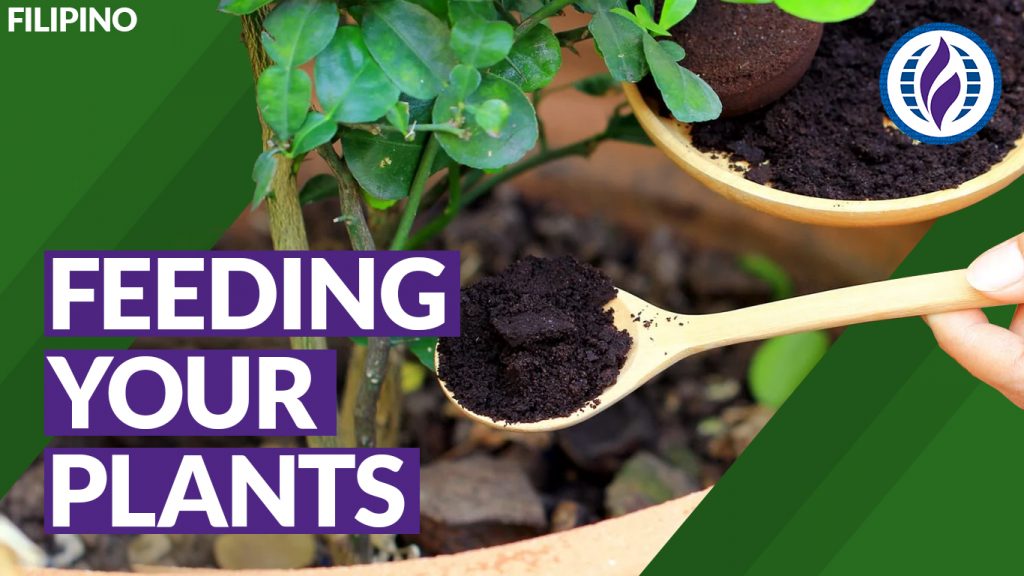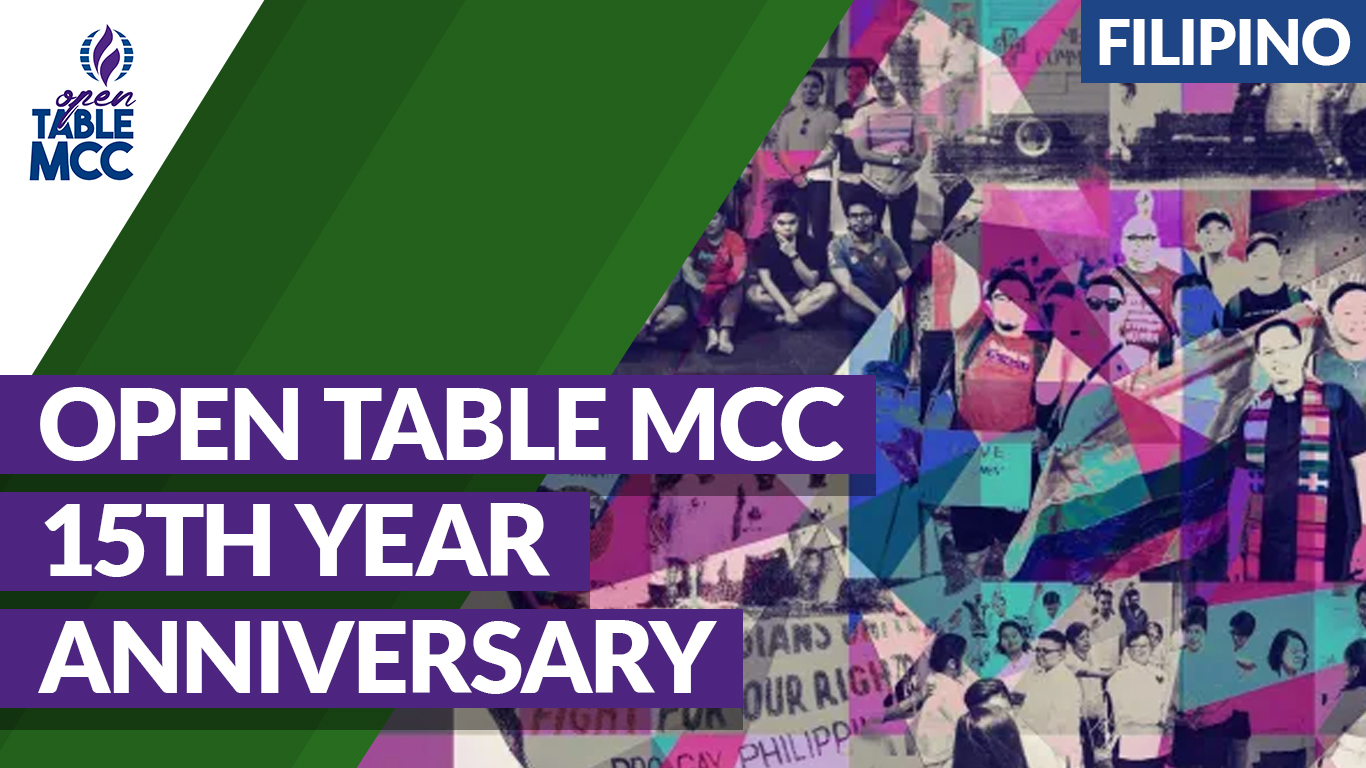Plants demand a steady supply of sunlight, moisture, and nutrients to thrive. They absorb sunlight through their foliage and draw moisture and nutrients from the soil through their roots.
You’d never not water your garden, and you should feel the same way about feeding. As the soil becomes depleted, you need to add fertilizer, also known as plant food, to replace the lost nutrients your growing plants continue to need.
Properly fed plants develop stronger, more efficient roots. They also grow to become more robust, more beautiful, and more productive than those that aren’t fed.
Contemporary Reading
When To Feed Your Plants
For the bread of God is that which comes down from heaven and gives life to the world.” They said to him, “Sir, give us this bread always.”
Jesus said to them, “I am the bread of life. Whoever comes to me will never be hungry, and whoever believes in me will never be thirsty.
Scripture Reading
John 6:33-35 (NRSV)
What is your favorite food?
There is a study that may be a correlation between food and mental health. Nutrition is important. Food is important, not just in the physical sense, but also mentally and emotionally. Too much sugar or salt is bad for you. Too much alcohol or junk food can affect you negatively. Even eating too much or too little is also bad.
We have to be intentional with what we eat and how we eat, in order to take care of ourselves.
Going back to our gardening metaphor – it can be harmful if we feed the plant too much or too little. We need to be intentional with how we feed and take care of our plants.
The Christian faith has always practiced fasting – do not eat too much. Try to eat less. In fact, some say that our brain functions the highest when the stomach is empty.
All religious practices and traditions have some sort of practice when it comes to food discipline. In Christianity, for the first 1,000 years, the central core of transmitting the Christian faith was through the last supper – the last meal that the first Christians shared with Jesus.
Food is spiritual. Food is medicine. There is a saying: “what you eat, you become.”
During the temptation of Jesus, he said to the devil: “mankind does not live on bread alone.”
The quality and balance of our food translates directly into our spirituality.
But it is not only about literal food. It’s also about what we “feed” ourselves, through our eyes, ears, and skin. What do we watch? What do we listen to? What do we feed our mind when we go on social media? Are we “eating” too much? What kind of “food” do we eat?
There is a study that too much social media may be bad for us, especially for young people. Social media can be overstimulating for our mental health, and can therefore be bad for us. Also, there is the issue of the blue light of our smart devices’ screens, which can be bad for our eyes.
There is also the issue about fake news and misinformation that is rampant right now on social media.
Now, are we saying that social media is bad for us, period? Of course not. What we are saying here is, we need to be more intentional on how we use social media and technology.
Another kind of “food” – the type of theology we are listening to. What type of religious songs are we listening to? What kinds of ideas are we consuming? Does it speak of the values that are being teached in MCC? Is it too patriarchal, or exclusionary? Or does it speak of God’s radically-inclusive love?
This is not only applicable within MCC and our church life – but even outside. What kind of secular songs are we listening to? What kind of podcasts are we consuming?
Again, “what we eat, we become.” — What we worship, we become.
Ideologies have the tendency to be internalized — the concept of “no fats, no fems, Masc For Masc only” roots from these harmful ideas.
So food (in the literal sense) and what we consume (in the figurative sense) — it affects our realities and futures that we create.
Life coaches always say, the people you surround yourself with affects your attitudes and personality. Your environment will affect you, in some way, somehow. What kind of conversations do you have with the people you surround yourself with?
In terms of our sex lives: they say that when people hug, there is an exchange of energies between these people. What more about sex? We also need to be cautious about this.
Finally, there is the Eucharist – when we do communion every Sunday. From our own perspectives, what does this mean, when we “consume” Jesus? What does it mean for us, as Christians — people who believe that Jesus is God — and when we consume Jesus during Communion?
In the Christian theology, transubstantiation means that the bread becomes the flesh of Jesus, and the wine becomes the blood of Jesus. So maybe our trans brothers, sisters, and siblings can relate to that somehow?
What we consume, we become. What we eat, what we listen to, what we learn, what songs we sing — these things affect us.
This is not to put moral judgment on anyone and how they consume things. After all, we know ourselves. Hence, the only person who knows our limits is ourselves.
May the Holy spirit guide us in our consumption, our daily bread, whether it be literally when we eat our food, or figuratively. Amen.
Podcast: Play in new window | Download
Subscribe: Apple Podcasts | Spotify | RSS



